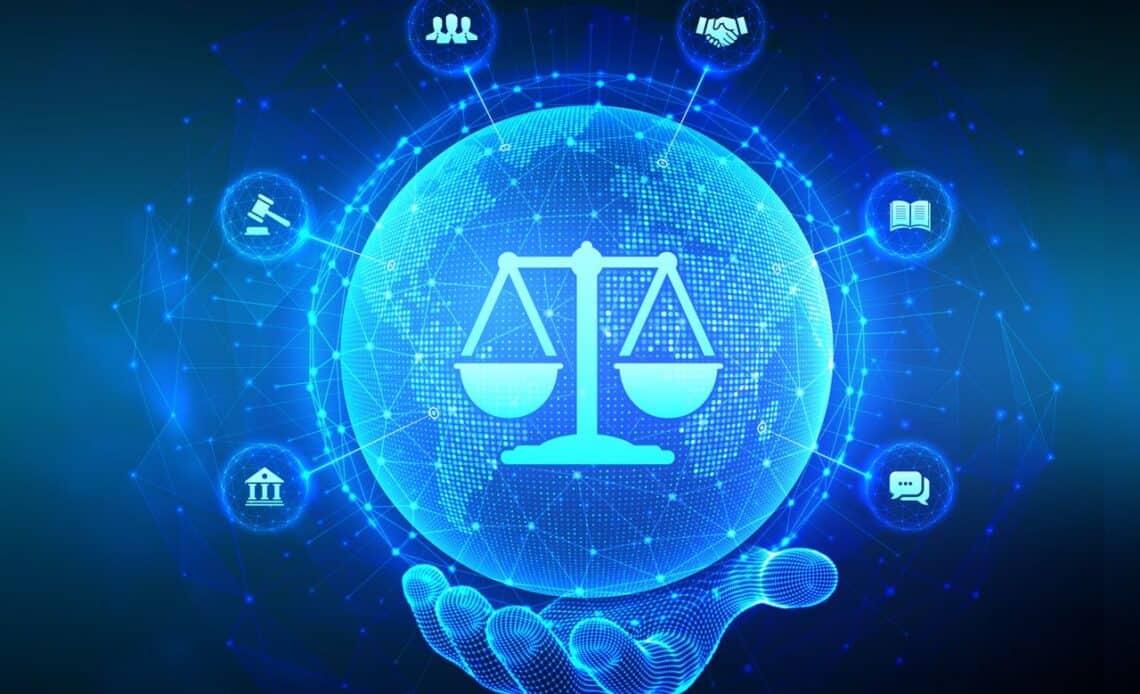
Above: Illustration by luriMotov/DepositPhotos/
BitDepth#1441 for January 15, 2024
In 2017, the Office of the Prime Minister (OPM) published a statement announcing the abolition of the system of preliminary inquiries.
The OPM argued that, “With an estimated 142,000 cases coming before the Magistrates’ Courts annually, the system is stretched beyond capacity. The court is staffed by a mere 50 magistrates who, some will argue, are unrealistically tasked by the current system.”
Speaking at the opening of the 2021-2022 law term, Master Christie-Anne Morris-Alleyne noted that more than 150,000 new cases are filed each year to be heard by 111 judges, masters and magistrates.
It took more than a decade for that change, and for the Administration of Justice (Indictable Proceedings) Act, 2011 (AJIPAA), to become law.
Since December 12 2023, cases deemed to be indictable – those which cause harm, including murder, wounding with intent and arson – will be tried in the High Court under the new digitally-enabled system.
Prior to the establishment of the new system, indictable cases were first evaluated at a District Court before being sent for trial by the Director of Public Prosecutions.
The indictment could only be filed by the DPP after committal proceedings were completed in the lower court, a process that might take years. Only then would the case be moved to the High Court for trial.
This process of preliminary inquiry introduced significant delays to the legal system, as well as other issues impacting the quality of justice, including the deteriorating integrity of witness recall over time, the availability and condition of evidence and the potential loss or misplacing of case related information.
In replacing the system of preliminary inquiries, the Judiciary was challenged not just to make the process more efficient, but to make it more robust and transparent, ensuring greater fairness in cases that represent the highest level of criminal judgement in the TT legal system.
In 2017, the judiciary began to implement its “e-strategy,” the digitalising of its existing hard copy records and digitising of its manual operations.
In 2020, covid-19 pushed that project into higher gear, as a desirable goal became an urgent requirement with the forced introduction of virtual hearings throughout the justice system.
Under lockdown, case presentation systems were introduced, payments were made online and documents uploaded.
Virtual Access Customer Centres were introduced for members of the public without digital resources or access.
The heart of the District Court evaluation process in a preliminary inquiry has been collapsed into what’s now known as a Sufficiency Hearing, overseen by a Master of the High Court.
The Master examines witness statements, evidence filed by both sides and decides whether there are grounds for the case to progress to the High Court.
If a prima facie case is established, an indictment by the DPP quickly moves the case forward for the consideration of a judge. If the Master dismisses the case, the DPP can appeal the decision of the Master.
The system will ultimately require each docketed judge to be matched with a Master of the court, so the recruitment of new masters continues.
There are currently six appointed Masters and 16 Justices of the Criminal High Court with at least three more presiding at the Children’s Court.
There have been more than 20 cases tried at the High Court under the new, digital system, though cases that began under the preliminary inquiry system will continue along the old legal paths until they are completed in the system.
The road from intent to execution has been torturously long.
The project moved into higher gear after the 2016 Memorandum of Understanding (MOU) signed by the Caricom Chief Justices, the National Center for State Courts of the US and the Supreme Court of Nigeria to collaborate on the design, development and implementation of a new Case Management Information System (CMIS).

The new software is based on a solution developed in Nigeria which replaces an expensive and problematic vertical market commercial product.
Announcing the collaboration in February 2016, the Chief Justice said, “no longer will Trinidad and Tobago be at the mercy of vendors with proprietary programs, certainly not for a CMIS.”
That project was launched in 2018 as the TT Judicial Information Management System.
Between 2020 and 2023, the pace accelerated further with the introduction of electronic document filing, the establishment of CourtMail, the introduction of digital stamps and signatures and a new case management system.
But the biggest and most critical change arrived in December with the establishment of the Criminal Procedure Rules 2023 and Practice Directions, which established how this new digitally-enabled court will function.
Next week: An exclusive interview with the teams that developed the digital underpinnings of AJIPAA.









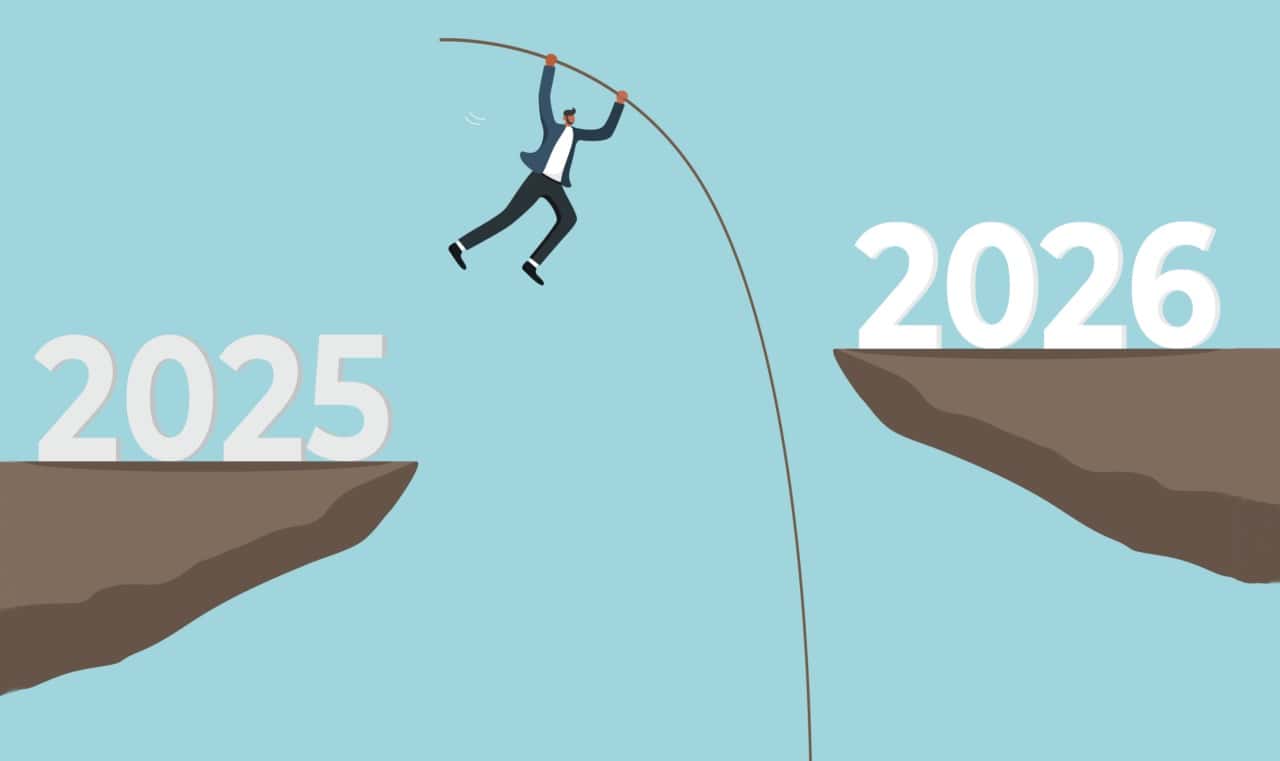


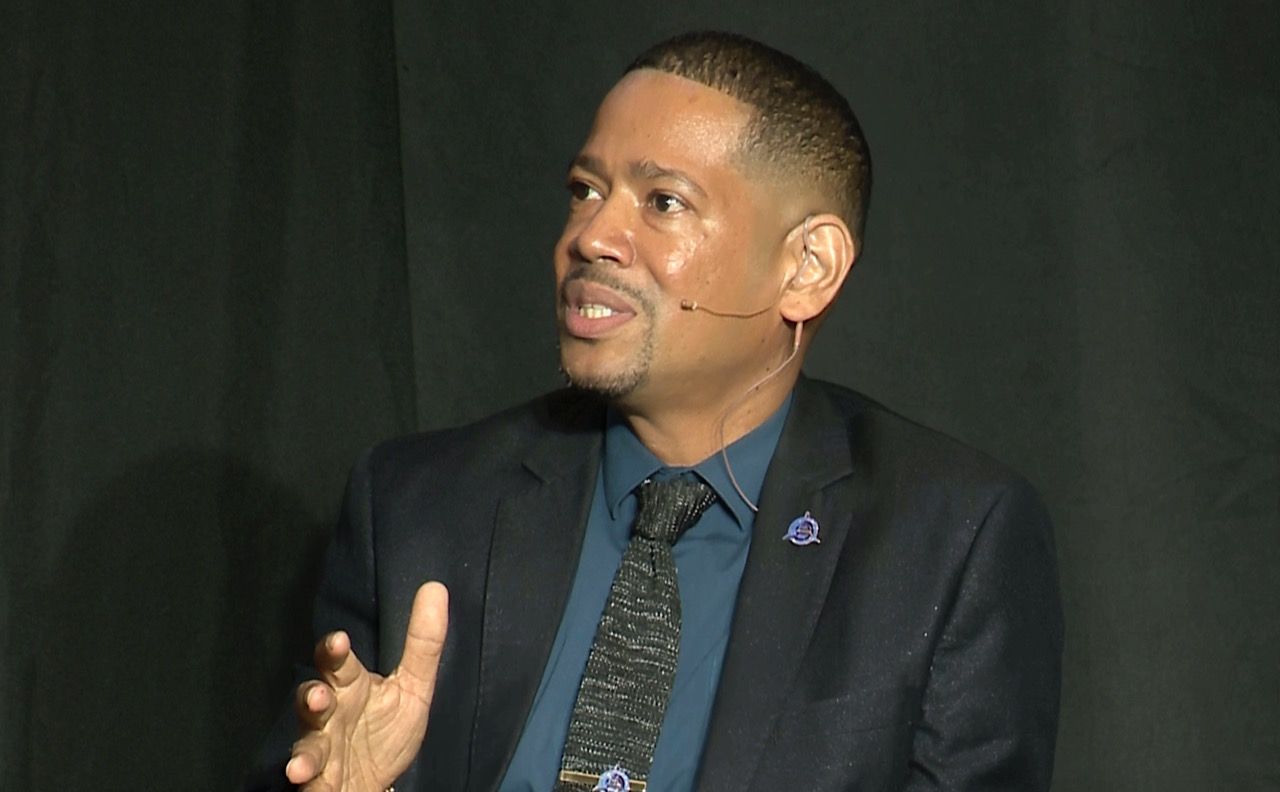
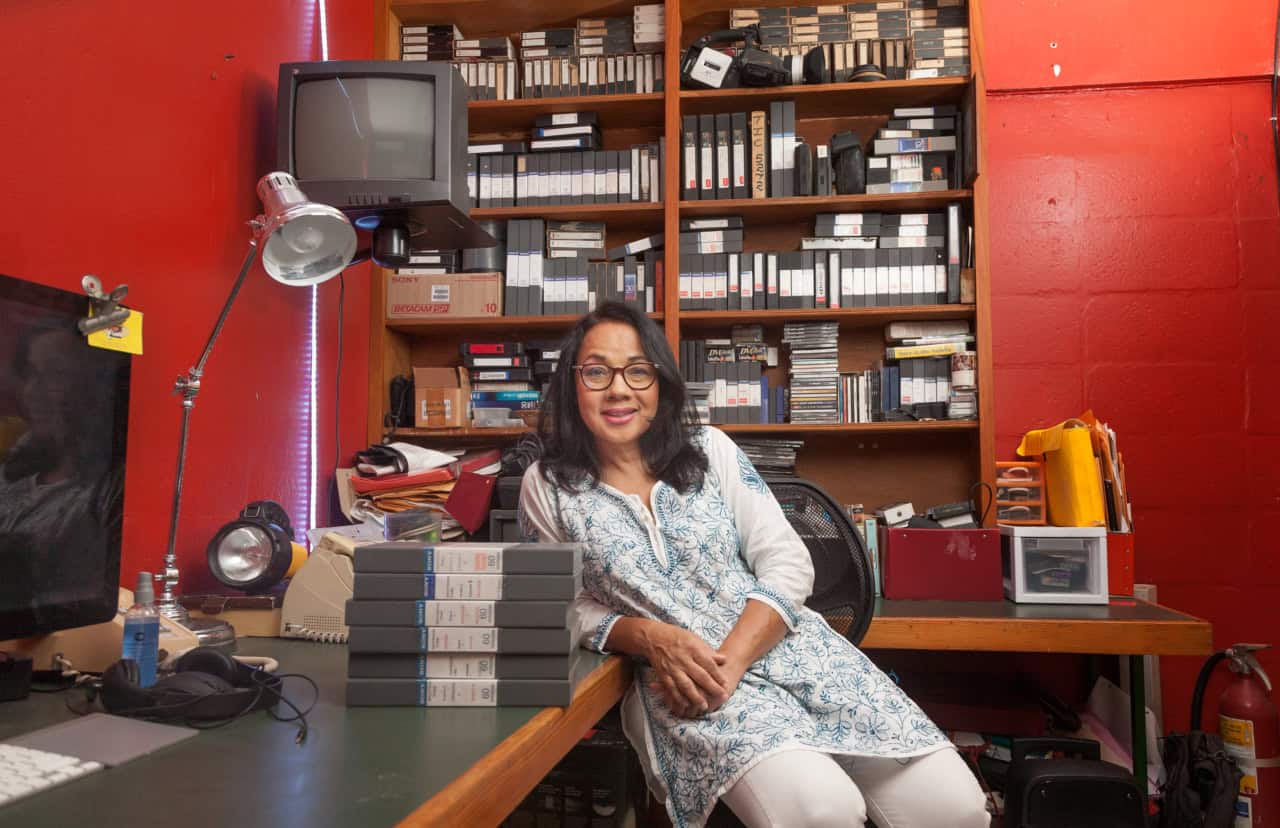
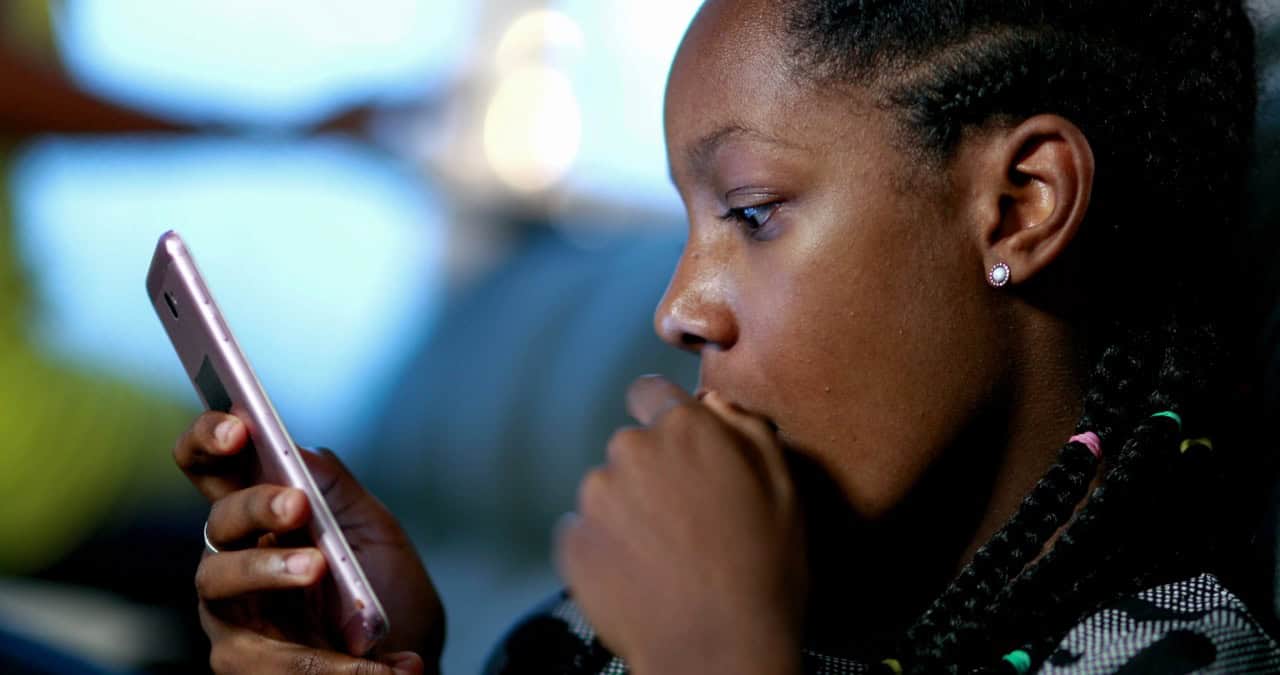
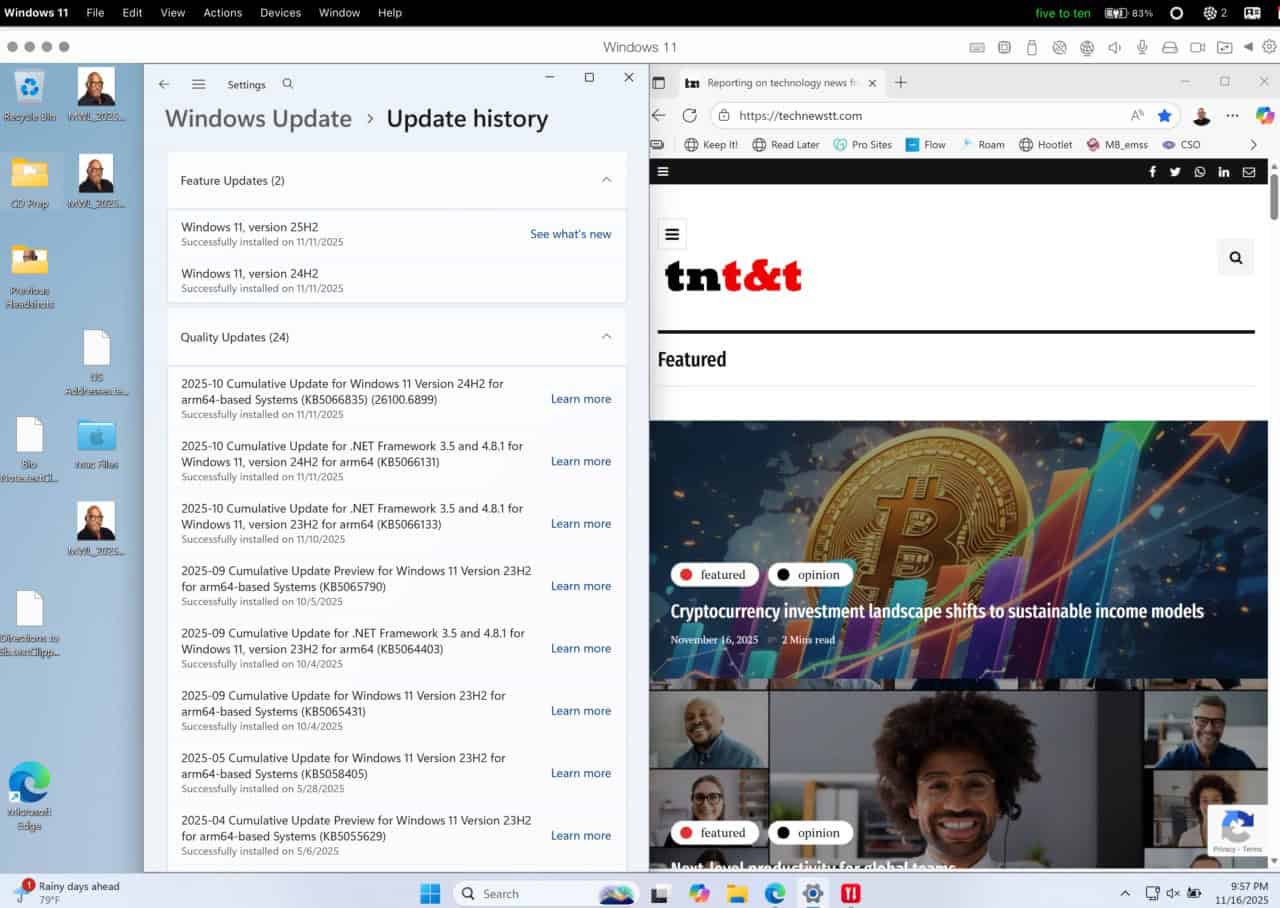























[…] Trinidad and Tobago – In 2017, the Office of the Prime Minister (OPM) published a statement announcing the abolition of the system of preliminary inquiries… more […]